Description
What is Sencha?
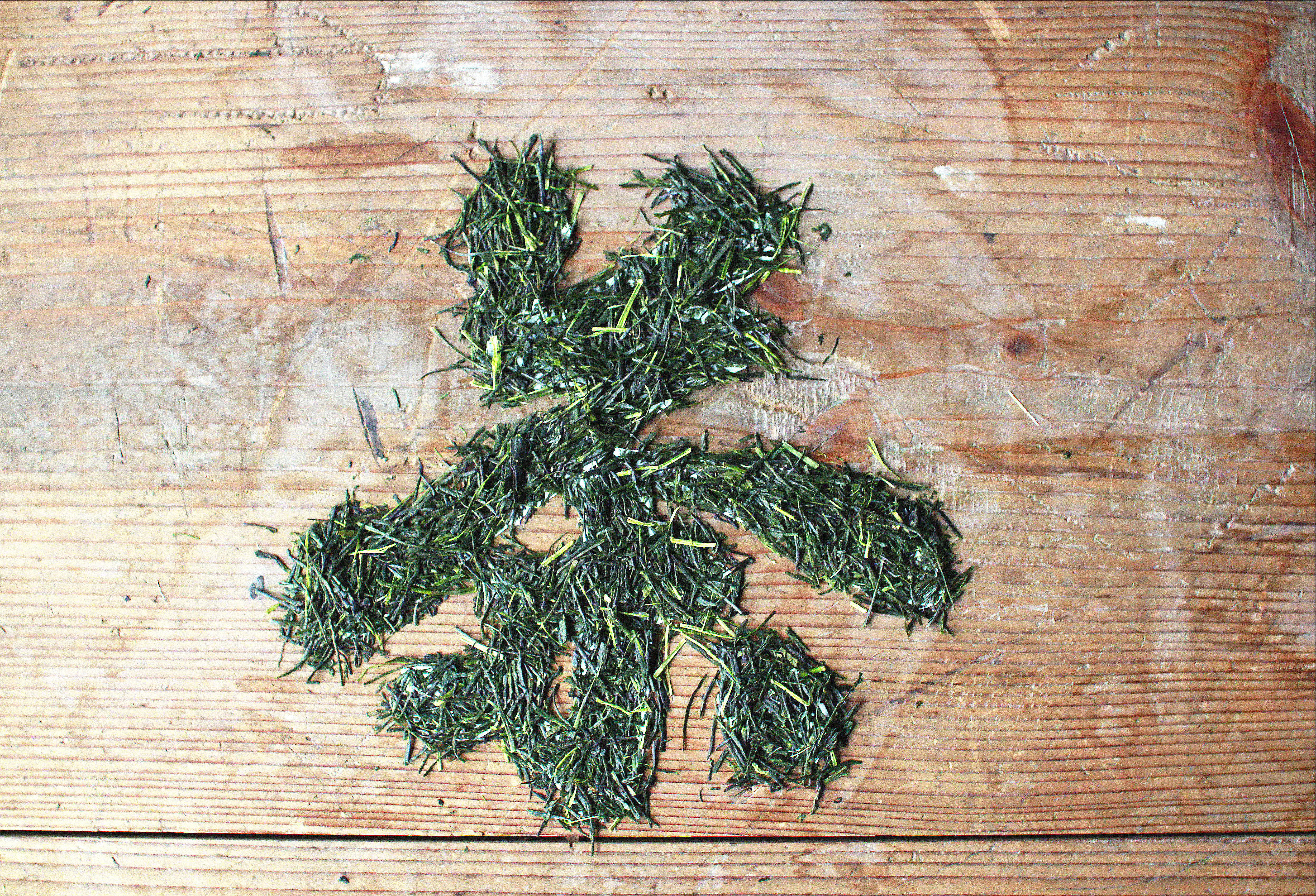 Sencha (煎茶) is the most popular tea in Japan and is unique in its distinctive emerald colour and grassy, vegetal taste. Directly translated as `brewing tea´, 80% of all green tea produced in Japan is considered Sencha. After being picked, the tealeaves are immediately steamed for about 40 to 50 seconds to stop them from oxidising. The tea is then rolled in several processes: rough rolling, strong rolling, middle rolling and finally fine rolling. This transforms the leaves into the beautiful needle shapes that are typical of Japanese tea.
Sencha (煎茶) is the most popular tea in Japan and is unique in its distinctive emerald colour and grassy, vegetal taste. Directly translated as `brewing tea´, 80% of all green tea produced in Japan is considered Sencha. After being picked, the tealeaves are immediately steamed for about 40 to 50 seconds to stop them from oxidising. The tea is then rolled in several processes: rough rolling, strong rolling, middle rolling and finally fine rolling. This transforms the leaves into the beautiful needle shapes that are typical of Japanese tea.
Farmer Profile
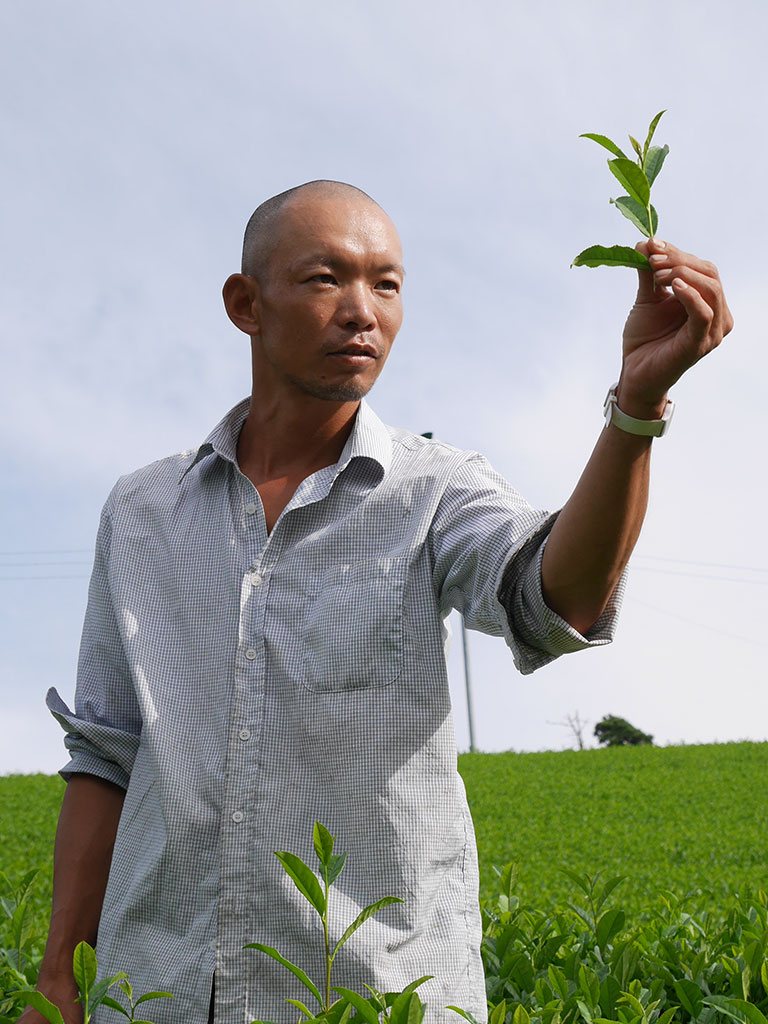
Akihiro “Akky” Kita is our president and lead farmer here at Obubu. His desire to make this tea available to the general public is the foundation of Kyoto Obubu Tea Farms. In college, Akky took up a part-time job as a farmhand in Wazuka, and fell in love with the tea of this region. He made the decision then to leave college and devote his time to mastering the art of tea farming. Recognizing the need for independent farmers like himself to spread the joy of drinking Japanese tea, he travels each year during the winter off-season to bring Japanese tea to people all over the world.

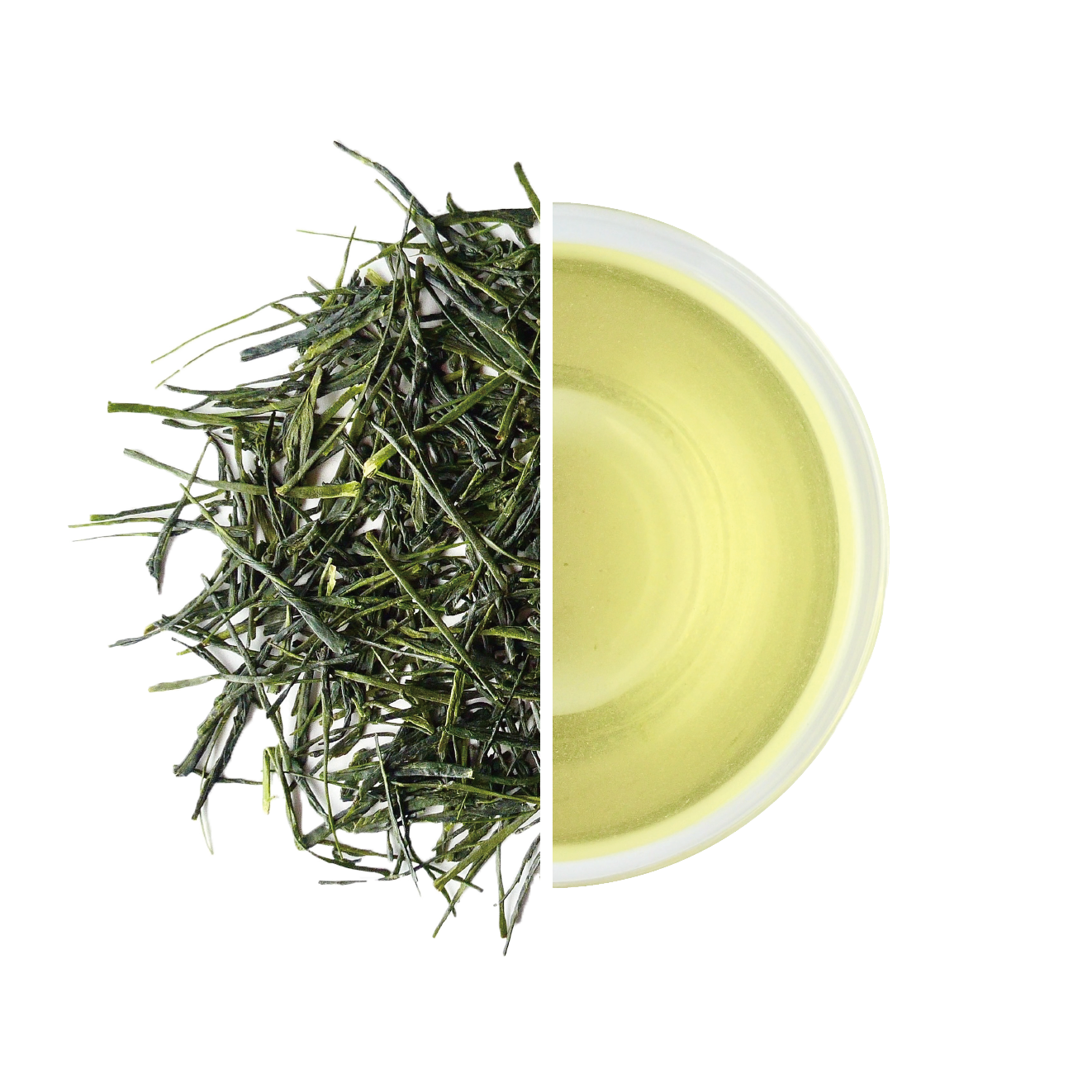
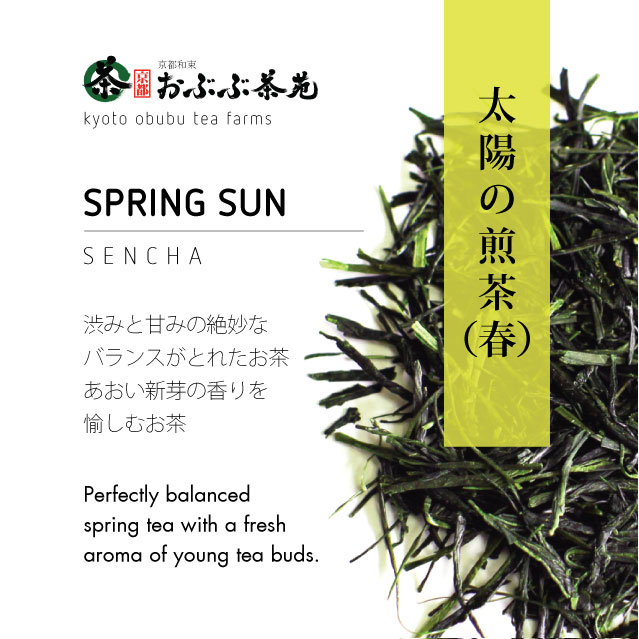
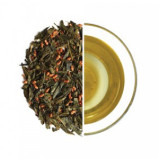
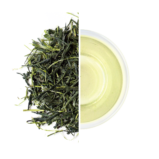
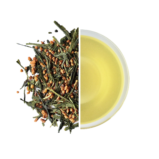
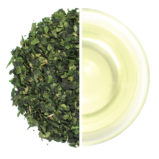
Obubu Tea –
Reviews by tea professionals and enthusiasts:
“I feel like I love this tea more and more each time I brew it. This sencha has some body, and a brothyness, that makes me really want to make chazuke from it some time. The spent leaves already make a good salad” – pkmnnnerdfighter, 2016
The dry leaf aroma is sharp, fresh-cut green, lightly marine with woody notes and a floral hint.
“The pale green infusion has a light fresh green and nutty aroma with a taste that is sweetly green with notes of macadamia nut and oats, a hint of umami, and a clean green finish” – Heather Porter, 2016
“On the palate this is predominantly honey with some nutty notes. There’s the characteristic vegetal notes of sencha but they are not as pronounced as they usually are – they mostly pop up in the finish, as a bit of a green tang. This is very sweet and really delicious. If I take a big gulp, there’s a brothy quality at the back of my throat and peas on the finish, but small sips don’t carry those notes” – Anlina,2015
“The steeped leaves deepened to a robust spinach scent. The liquor was a pale iridescent jade. The initial sip was fantastic. This is truly a spring fiery brew. The flavor is light and floral with just the right amount of vegetal and umami. This brew carries a sweet honey undertone and is deeply refreshing. The brew became deeper and more full of darker tones as the steeps increased” – Haveteawilltravel, 2015
“A warm juniper and fresh cut grass scent shines through. Flavour is mild, sweet and very fresh with grass and floral tones with some lightly toasted hay towards the after taste. Particularly sweetpea and mild but fresh seaweed” – Kayleigh, 2014
“I will say, this absolutely makes me think of Spring, so the name is perfect! It has a nice sweetness as well as a touch of astringency that makes me want to drink more. There’s a strong and surprising hay-like flavor that reminds me of white tea a bit, along with a little bit of bitterness that balances the sweetness nicely. I can taste light vegetal and grass notes, but they’re much more subtle than most sencha. There’s a subtle fruity note here, something mild and sweet like apple. Overall, quite tasty! – ” Cameron, 2014
“It has a beautifully balanced taste and is simply very good!” – by Caj Room, 2013 (translated from Czech)
“Obubu claims a zen-like mistiness for this tea, and however normally I am against such descriptions, I cannot but agree. The tea is not for a regular daily drinking, but for a quiet enjoyment and relaxation. The taste is neither too strong nor too weak, with enough bitterness and sweetness to satisfy sencha lovers” – by Cajnekronike, 2013 (translated from Croatian)
“As to Obubu i can say one thing; Sencha of the spring was incredible, it was the first Sample of the 17 i ordered and i have never drunk a Sencha like this before. You can totally taste the spring, it is light, tender and really fresh, especially when you drink it cold it gives you a fresh citrus taste. The leaves are even edibl . Even if you let the tea steep longer this Sencha doesnt really get bitter.” by VanFersen, 2013 (translated from German)
“When I think of a sencha, this is what I want. It’s medium-strong flavor, great balance of savory, sweet, and astringency. Perfect iced and hot.” – by Mel, 2011
“It smells really well. A really sweet cup, nice and light.” – by Healthy Professionals Food Blog , 2011 (video review)
“One of the best green teas I’ve ever tasted. I highly recommend this tea for it’s sweet, subtle flavor.”- by The Tea Show, 2011
“I love this tea. I make it the way they recommend, with lots of leaf and boiling water for multiple VERY short steeps. This brings out the bitterness that I love in a Japanese tea in the first infusion; subsequent cups are sweet and creamy, a little floral. It cold-brews beautifully too.” – by Joie De Tea, 2011
“Delicious! This tea has a grassy, earthen smell in the bag, and a grassy, floral sent once brewed. The color is a nice bright green and the flavor is a near perfect balance of sweetness and bitterness (the good kind). Obubu doesn’t disappoint!” – by Ken Durocher, 2010
Daniel Daniel (verified owner) –
Very good sencha. When I brew this tea with 140 F water, it taste slightly sweet like honeydew and after that I re-brew this tea with 160 F water it taste fresh grassy, slightly marine taste and sweet buttery aftertaste